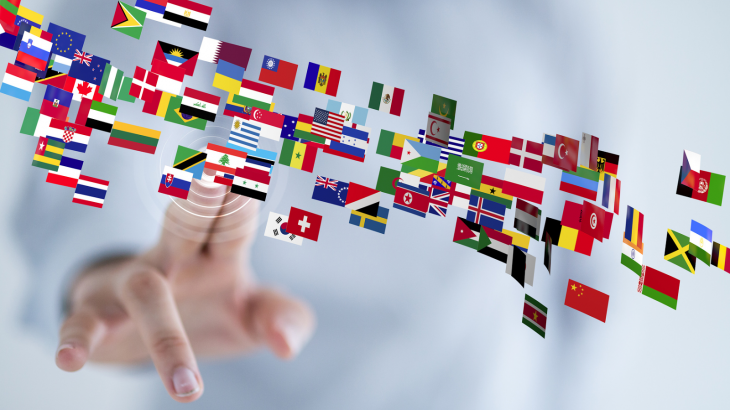For such a type of service as translation english to bangla of texts, a significant variation in prices is typical. So, for example, one performer can translate one page for 100 rubles, and the second – for 1000 or more. Of course, each translator is free to set a fair price for his services, based on such factors as the subject of the text, the type of translation (technical, legal, etc.) and the urgency of the work, but what is the difference between cheaper and more expensive translation? It lies in the fact that a true professional is able to adequately assess his labor costs and perform work efficiently, while an amateur can hardly cope with at least one of these tasks.
7 reasons to order translations from professionals
To become a qualified translator, it is necessary to obtain a higher education in the relevant specialty (linguist-translator). Only in a specialized university can they teach the basic skills of good translation and presentation of the text (future translators study such subjects as linguistics, language stylistics, translation theory, features of speech communication, socio-political style of translation, features of the traditions and customs of the countries of the language being studied).
A professional translator must have considerable “post-graduate” translation experience, since the knowledge gained at the university will not be enough for work. In addition, a translator must show a genuine interest in his profession, constantly improve and practice, gain experience by reading various (both fiction and specialized literature in the original language).
A qualified translator never translates verbatim and, moreover, never uses machine translation systems. Each phrase has a different style and grammatical structure in different languages. For example, the journalistic genre has completely different laws in Russian and English.
During direct translation, it is necessary to delve into and study the very subject matter of the original text. This also takes time (search and study of the material of articles on the topic of translation).
The translator uses not one, but several dictionaries when working. As a rule, one dictionary (especially when it comes to specialized translations – technical, legal, etc.) does not offer the entirety of translations of any term. It is necessary to find the meanings of this term in several dictionaries, to see the full meaning of the term in order to accurately select the right one.
In the original text there will always be terms and expressions that the translator cannot translate using only his knowledge or a dictionary. For their correct translation, it is necessary to delve into various sources qualitatively. After translating this term (or expression), the translator must make sure that the translation is correct and find in various articles in (the target language) the use of his version of the translation of the term (or expression) in the right context.
It is necessary to re-read the finished translation more than once, change something somewhere, until the completed work satisfies the translator 100%.
